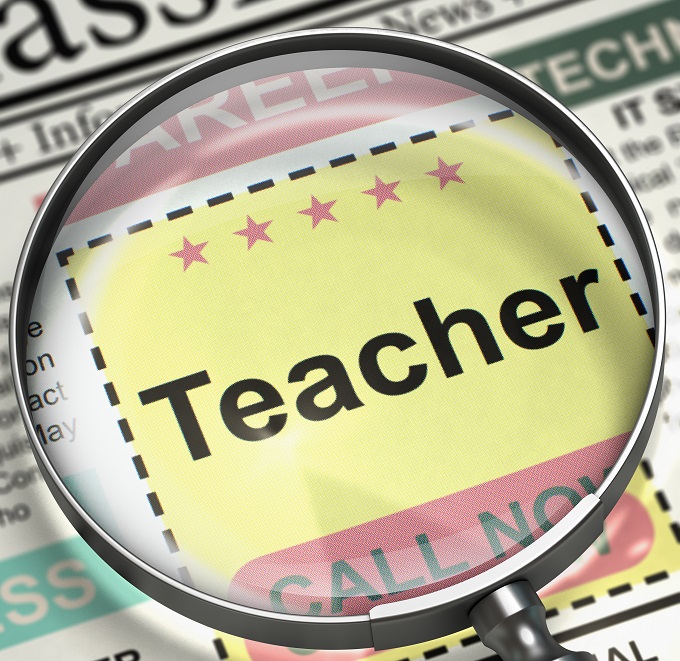
“Our recruitment drive to attract teachers to New Zealand is already helping to cover the extra 850 primary and secondary teachers we need for 2019,” says Ellen MacGregor-Reid, the Ministry of Education’s Deputy Secretary for Early Learning and Student Achievement.
“These overseas teachers are supplementing our locally trained workforce, while we continue to encourage more New Zealanders to train or return to teaching, and overseas Kiwis to come home to our classrooms,” she says.
“Our recruiters have received around 3000 applications from overseas teachers, with hundreds currently making their way through the recruitment pipeline. This is great news for principals as we support them to ensure they have a full staff for the start of term one.”
Ms MacGregor-Reid says “every overseas teacher will meet all the existing standards here for teaching qualifications, registration with the Teaching Council, and immigration requirements. Principals only need to pick up the phone to our education recruiters, and they will match available teachers to vacancies.
“Although the number of vacancies being registered by principals is so far low, we’re delighted that 100 job offers have already been made to teachers coming from overseas. These include teachers from the United Kingdom, South Africa, the United States and Canada who will be working throughout the New Zealand – including primary teachers in low decile schools, and commerce and technology teachers for secondary schools in South Canterbury and South Auckland.”
“We have an even spread of primary and secondary teachers available, and most are happy to work in Auckland – which is one area where we know there are shortages.”
“These teachers will receive targeted support to transition to New Zealand. We’re working with the Teaching Council to strengthen training in our curriculum and the culturally responsive practices needed to work here.”
Meanwhile there are a couple of days to go for schools to apply for a National Beginning Teacher Induction Grant of $10,000 to help train or mentor a graduate teacher for next year. Priority will be given to low decile schools; those that are isolated or in locations experiencing teacher shortages; Māori-medium kura; and shortage subjects at secondary level, such as science, technology, engineering, mathematics and te reo Māori.
Ms MacGregor-Reid says nearly 100 applications have been received for the 230 new grants available, and she urges principals to register interest before applications close on November 16.
“We are keen to see more than the current level of 80 percent of teaching graduates getting jobs in schools – so these new teachers can make a start on their careers and contribute to our education workforce of the future.”
A new report from the University of Auckland’s Our Voices Project asks young people what…
The government has opened a tender for new standardised assessment tests, leaving educators shocked and…
Early in her career, Kiri Turketo found inspiration in an unlikely source. In this Principal…
Real stories of dedication, challenges, and triumphs from educators in NZ. Part six comes from…
Is fast furniture impacting your school's environmental footprint? We explore eco-friendly solutions to reduce furniture…
A new report from the New Zealand Initiative argues we need a stronger and clearer…
This website uses cookies.